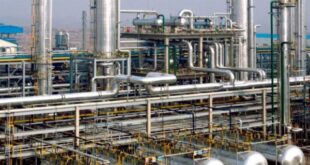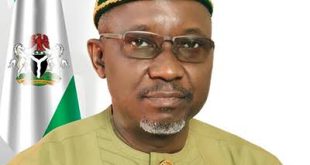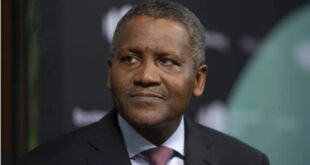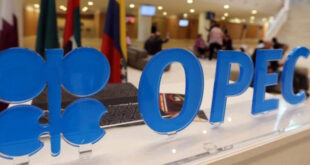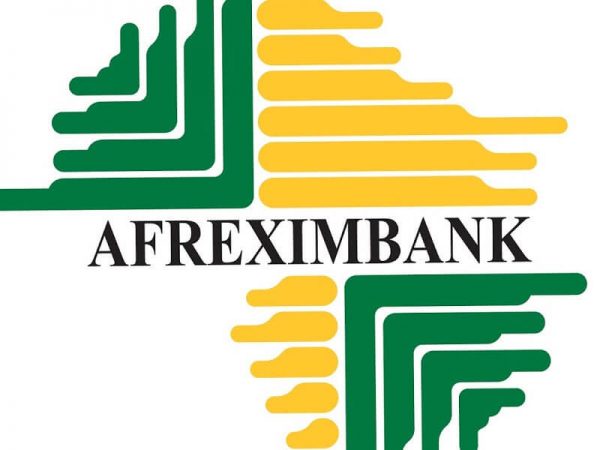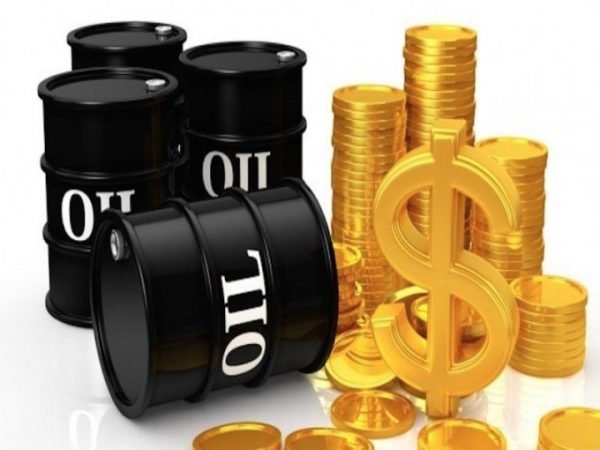 Nigeria may cease to be a net exporter of crude oil in the next 10 years if real reforms that would engender proper business practices in its oil and gas industry are not implemented soon, the Nigeria Natural Resource Charter (NNRC) has warned.
Nigeria may cease to be a net exporter of crude oil in the next 10 years if real reforms that would engender proper business practices in its oil and gas industry are not implemented soon, the Nigeria Natural Resource Charter (NNRC) has warned.
According to the NNRC, the country had in the last 20 years continued to aspire to grow her oil reserves to 40 billion barrels, as well as her daily output to four million barrel per day (mbpd) with both plans yet to materialise while her population and energy need continued to rise.
It said the expected rise in domestic demand for oil in line with the population growth within 10 years could affect her oil export and reduce the volume of oil available for export.
NNRC also warned that the return of subsidy on petrol in any form, either as under-recovery or loses to the Nigerian National Petroleum Corporation (NNPC) was not sustainable and should be done away with.

Speaking at a stakeholders’ workshop on ‘assessing petroleum sector wealth: NNPC’s contributions to the economy,’ yesterday in Lagos, the Chairman of NNRC’s expert advisory panel and former minister of state for petroleum, Mr. Odein Ajumogobia, explained that Indonesia had such challenges in 2008 when its rising domestic consumption forced it to stop being a net oil exporter and it subsequently applied to leave the Organisation of Petroleum Exporting Country (OPEC.
Ajumogobia, equally raised a query on the relevance and accuracy of data available in the country’s oil industry. He said they frequently fluctuated and could be hardly trusted.
“In its yet to be excised role as policy maker and regulator, it has been NNPC’s aspiration for close to 20 years – since the inauguration in 2000 of the Oil and Gas Implementation Committee (OGIC), to grow the country’s crude oil reserves to at least 40 billion barrels and to increase production to 4mbpd, in order to sustain the economic contribution of the petroleum sector, as energy demand inevitably increases with population growth.
“Towards the end of 2008, I was Nigeria’s representative at OPEC when l witnessed Indonesia leaving OPEC because it had ceased to be a net exporter of crude oil on account of its domestic consumption of refined products. This could indeed be an inevitable consequence for Nigeria, with a population estimated to be in excess of 250 million within 10 years without proper planning especially if we do not succeed in eliminating the payment of unaffordable fuel subsidies,” said Ajumogobia.
He further asked: “In the meantime, is the existing uneconomic process even transparent? Can we rely on the figures we routinely reel out about reserves or about fuel consumption that once went from 30 million litres a day to 45 million litres a day within a period of one year between 2011 and 2012?
“As we speak another almost $2 billion is claimed to be owed to marketers. Yet by 1974 Nigeria had already attained production of 2.4mbpd from onshore and shallow water fields exclusively.”
He noted that there was a massive decline in joint venture oil production going by indications that the deep offshore fields which were developed more than 20 years ago currently contribute about half of the 2mbpd oil output the country has.
“By way of contrast, Angola doubled its oil production within the last 15 years – from 750,000bpd in 2004 to a peak of 2mbpd in 2014.
“But beyond increased reserves and production volumes, value addition in refining and other processing and distillation ventures and ancillary activities that would lead to real sector GDP growth has not been successful,” he explained.
According to him, there was a need to again re-evaluate Nigeria’s aspirations for her oil industry which he said was still key to her economic growth and diversification plan.
“We literally have to drill our way out of our current economic predicament. Thus NNPC, if the existing structure remains, has a critical role to play in furthering a sustainable economic growth trajectory for Nigeria,” he added.
On the current financial subsidy claimed by the NNPC for importing and supplying petrol in the country, Ajumogobia said: “We want a higher oil price because it implies huge revenues but it also means higher cost of the derivatives. We can’t eat our cake and have it, it is not possible.
“As long as we do so, the idea that subsidy has been removed is simply not true whether it is paid directly through the PPPRA by the government or by the NNPC through its cost deductions, it is still a subsidy.”
 MMS PLUS NG – Maritime, Aviation, Business, Oil and Gas News Online Newspaper with coverage in Maritime, Oil and Gas, Aviation, Power and Energy as well as Financial News
MMS PLUS NG – Maritime, Aviation, Business, Oil and Gas News Online Newspaper with coverage in Maritime, Oil and Gas, Aviation, Power and Energy as well as Financial News



